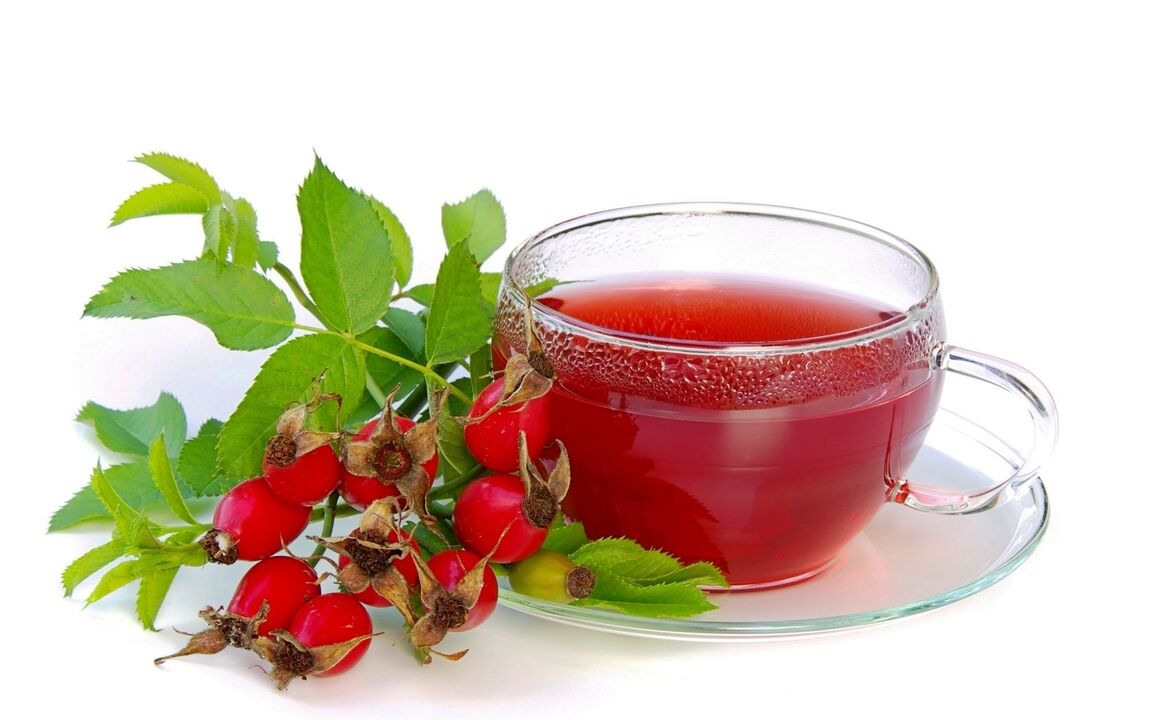It is not possible to treat gout, but it is really possible to alleviate the patient's condition and stop its development. Medication alone cannot help with this, the effect can be achieved with moderate exercise and diet.
Diet for gout
The highest concentrations of purines are in alcohol and red meat. Gout is a metabolic disorder that causes uric acid to build up in the body and urate salts to build up in the joints. Therefore, the diet for gout is aimed at reducing the concentration of substances in the blood and normalizing metabolism. The effect is achieved by eliminating foods rich in purines from the diet. When these compounds break down, uric acid is formed.
Features of the diet for gout
There should be a nutritional fraction for gout to normalize metabolism. It is recommended to eat at least 4 times a day, but in small portions. However, fasting rich in purines and single large meals are contraindicated for gout, as it can exacerbate the disease.
People suffering from this disease should pay attention to the use of fluids, because drinking plenty of water helps to better remove purines from the body. It is recommended to drink about 1. 5 liters a day. Suitable for purified and alkaline mineral water, juices or fruit drinks, milk and weak teas. A decoction or infusion of wild rose, which fights the excretion of purines and improves kidney function, is useful. But it is better to avoid strong tea, coffee and alcohol, because they can increase the pain.

For gout, the menu should have a minimum of salt. This is due to the fact that salt can cause urate to accumulate and accumulate in the body. To prevent this, its daily norm should be reduced to 6 grams.
It is worth limiting the use of animal proteins and fats, easily digestible carbohydrates and foods containing oxalic acid. It is recommended to eat fish and meat no more than 2-3 times a week. They should be consumed boiled, rarely cooked. Fish, mushroom and meat broths should be discarded as most purines are removed during cooking.
Undesirable foods for gout are any legumes and spices. Grapes, figs, cornel, raspberries, mushrooms, cauliflower, offal, canned fish and meat, herring, smoked meat, sausages, spinach, sorrel, chocolate, pastries, cream cakes and peanuts, which are rich in purine, should be excluded from the menu.
The basis of nutrition for gout should be plant foods. All kinds of vegetables will be useful - zucchini, cucumbers, eggplant, potatoes, carrots and white cabbage. In limited quantities, it is worth eating only radishes, peppers, celery, rhubarb and asparagus. All these products can be eaten raw or used to make soups, stews, mashed potatoes and decoctions.
Sour milk products are no less useful for gout. Special attention should be paid to low-fat types of cheese and cottage cheese, as well as dishes made from them. It is recommended to include cereals and pasta in the menu.

It is allowed to eat bread in moderation, in limited quantities - baking. Of the meat products, rabbit, turkey or chicken should be preferred. You can safely eat fruits, berries and honey. For gout, the menu should include shrimp, squid, nuts and eggs. Sometimes you can eat sweets. Allowed include chocolate-free sweets, meringue, milk kissel and creams, marshmallows, marshmallows, dried fruit, marmalade and jam. Gout is good for olive and flaxseed oil, and butter and vegetable oils can be added to meals.
If you do not follow the rules of nutrition for gout, as well as if you drink alcohol, the disease can worsen. The body needs to provide maximum emptying. It is recommended to arrange a day of fasting. During this time you need to drink only large amounts of juices or mineral water. You can keep a diet for no more than a day, then you should switch to a regular diet for gout. It is useful to spend fasting days and prevent flares. They may not be so harsh, and the menu includes fermented dairy products, fruits, berries, vegetables and juices.
















































































